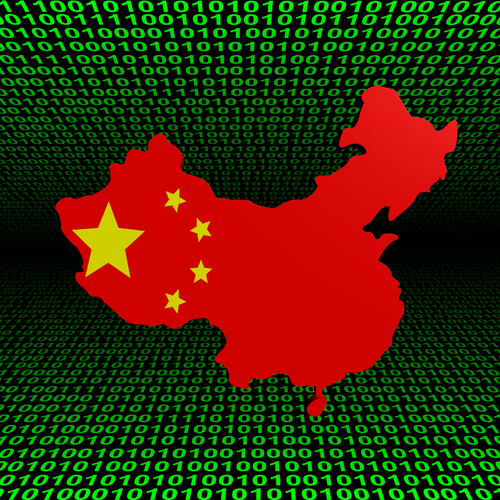Instagram ‘Blocked In China’

Instagram has reportedly joined Facebook, Twitter on the list of social media services inaccessible in China, as protests continue in Hong Kong
Photo-sharing site Instagram has reportedly been added to the list of major websites blocked in mainland China, after the service was used to distribute images of protesters clashing with police in central Hong Kong.
Facebook, Twitter, Flickr and YouTube are already inaccessible on mainland China, and the Instagram app was removed from Chinese Android app stores in July, according to Greatfire.org, a website that monitors Chinese online censorship. The site found that Instagram was inaccessible as of Monday.

Mainland ban
Blockedinchina.net also reported that Instagram was unavailable across mainland China, including Beijing and Shenzhen.
The block only affects users in mainland China, meaning users within Hong Kong itself can continue to post images. On the mainland, domestic social media services such as WeChat operate with government restrictions.
Facebook, which owns Instagram, said it was aware of the reports and is investigating.
Hong Kong saw clashes in its city centre as crowds supported a student-led protest to oppose China’s plans to control the city’s 2017 leadership election. Riot police reportedly fired tear gas and pepper spray at demonstrators, who shut down parts of central Hong Kong.
Images of the clashes were distrubuted on social media under the hashtag #OccupyCentral. The tag was blocked on Sina Weibo, a Chinese service similar to Twitter, on Sunday, according to reports.
Antitrust attention
State-controlled media reports in mainland China have described the protests as illegal and lacking widespread support.
Over the summer, Google services including search, maps, email, and online advertising services were reportedly rendered almost inaccessible for users in mainland China following the 25th anniversary of the Tiananmen Square Massacre in early June 1989.
Foreign IT firms including Microsoft and Apple have also been singled out for scrutiny by the country’s antitrust authorities in recent months.
Do you know all about IT and the law? Take our quiz.